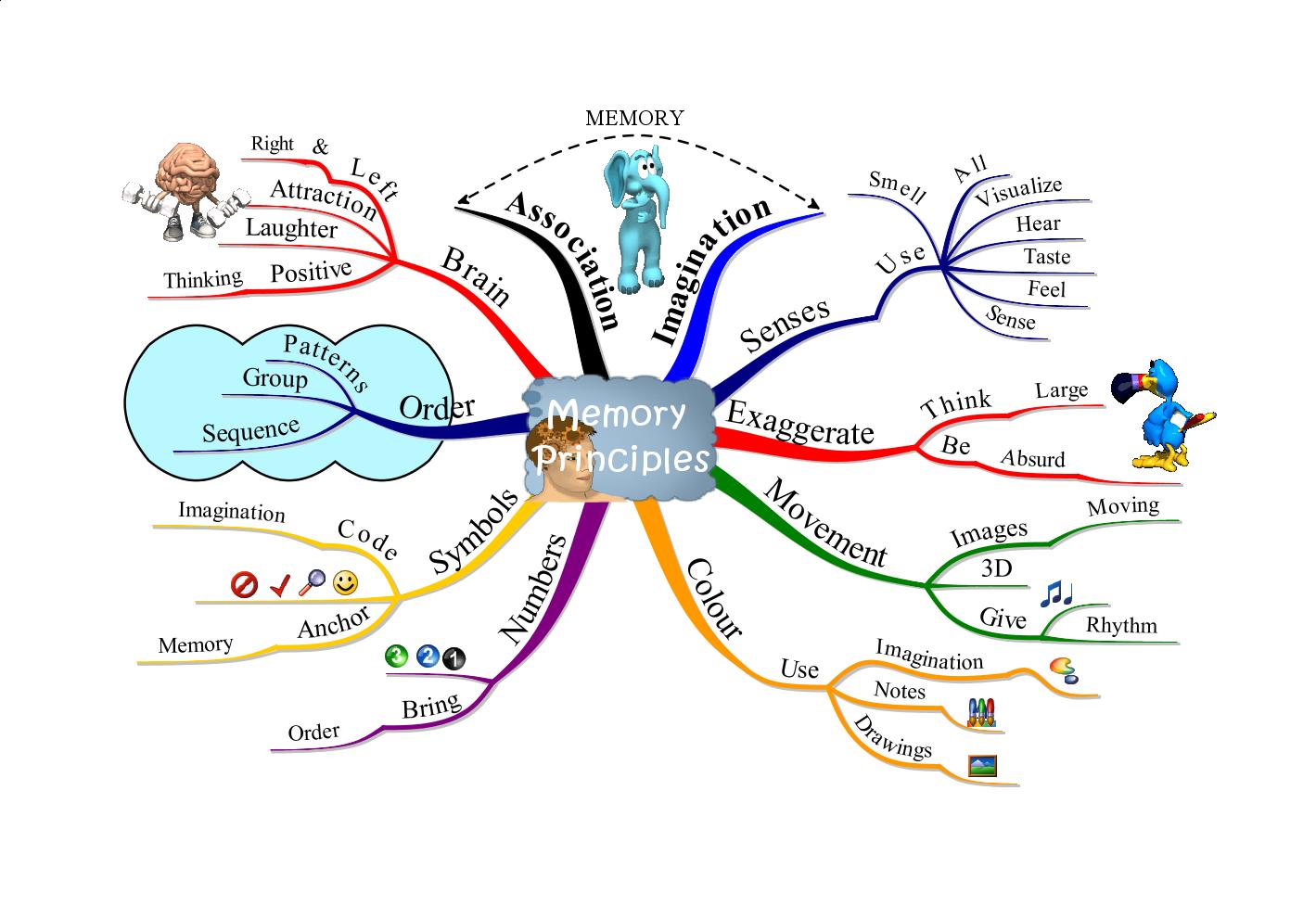
The exact mechansims by which this transfer takes place, whether all or only some memories are retained permanently, and indeed the existence of a genuine distinction between the two stores, remain a controversial topic among experts. It is generally considered that some or all memories pass from a short-term to a long-term store after a small period of time, a model referred to as the "modal model" and most famously detailed by Atkinson and Shiffrin (1968).

The information held in short-term memory may be: recently processed sensory input items recently retrieved from long-term memory or the result of recent mental processing, although that is more generally related to the concept of working memory. It can be described as the capacity (or capacities) for holding in mind, in an active, highly available state, a small amount of information. This can be contrasted to long-term memory, in which a seemingly unlimited amount of information is stored indefinitely. When you try to learn a lesson from a book, memorize a password, or remember few lines of a poem, you're using your short-term memory.Short-term memory, sometimes referred to as "primary" or "active" memory, is that part of memory which stores a limited amount of information for a limited amount of time (roughly 15-30 seconds).

This, understandably, plays a large role in academic settings. It will be much more difficult to remember a long, complex sentence than a short and simple one. You will need to remember the beginning of a written sentence or idea in order to understand the entire thought. When you read, your short-term memory acts similarly to the previous example.Once you've understood the information, it's not necessary to remember this information, and the brain forgets the words. Short-term memory is the mechanism that allows you to temporarily remember the beginning of the sentence. In order to understand a long sentence in a conversation, you need to remember the first part of the sentence in order to understand its entirety.However, it's possible to increase this time by repeating the sequence or giving the elements a meaning. Our short-term memory can retain information for up to 30 seconds. Duration of short-term memory: The amount of time that you can remember the sequence of digits is finite.For example, when trying to remember a phone number, grouping the numbers into groups of two or three can make it easier to remember. Also, if you are able to group or "chunk" information together, it is possible to increase the number of elements that you're able to remember. The ability to remember elements may also be affected by the function of the material, like the length of the words, the emotional relevance of the stimuli, and other individual differences.

Naturally, short-term memory is slightly variable, which is why there are some people who have the ability to remember more or less elements. This is because the amount of information short-term is able to retain is 7 elements, with a variation of 2, either more or less.


 0 kommentar(er)
0 kommentar(er)
